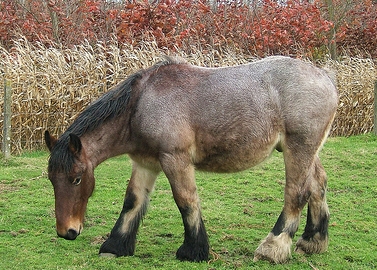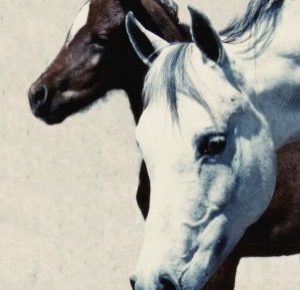Related Articles
Equine Tooth Resorption Linked to a Bacteria
Research, headed by Dr. Sabine Sykora, PhD, of the Equine Clinic, University of Veterinary Medicine, Vienna, Austria, has found a red complex bacteria present in the early stages of EOTRH – Equine Odontoclastic Tooth Resorption andd Hypercementosis. EOTRH is most commonly seen in horses 15 years and older. The bacteria, designated as red, is part […]
Increase of Rabies in Horses
Spring 2013 Horses were rarely vaccinated for rabies because it was so uncommon. However there has been a change and not a good one. Rabies has made its way West moving from the Eastern United States. Where bats were once the chief source of rabies, it is now being found with increasing alarm in ground […]
Equine Skin Conditions
People have given descriptive names to many skin conditions a horse may have such as “girth itch.” But determining the disease requires a professional evaluation. Horses have sensitive skin and in order to find the cause of any skin condition, a veterinary examination is required. Early and proper treatment can ease a horse’s distress and […]


